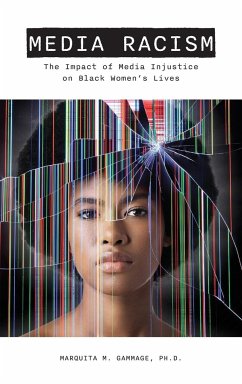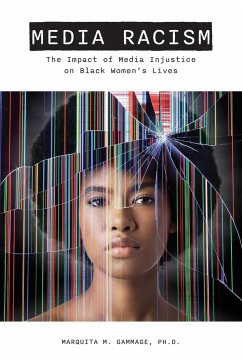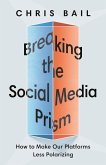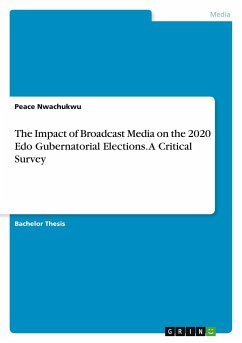"A powerful, well-researched indictment of racist media in the United States."-Kirkus Reviews https://www.kirkusreviews.com/book-reviews/marquita-m-gammage/media-racism/ As contemporary media continues to be a battleground for the portrayal of Black women, Gammage explores the troubling proliferation of racially informed media depictions of the lives of Black women, providing essential insights into the intersection of race, gender, and media representation in today's world. Media Racism: The Impact of Media Injustice on Black Women's Lives establishes a critical framework for examining the role of media in shaping the lives of Black women. It confronts the alarming scarcity of research dedicated to understanding the significance of media in perpetuating life disparities among this demographic. Through meticulous research and analysis, tables and figures, Gammage sheds light on the multifaceted effects of media racism, encompassing physical, mental, cultural, political, and social dimensions.








